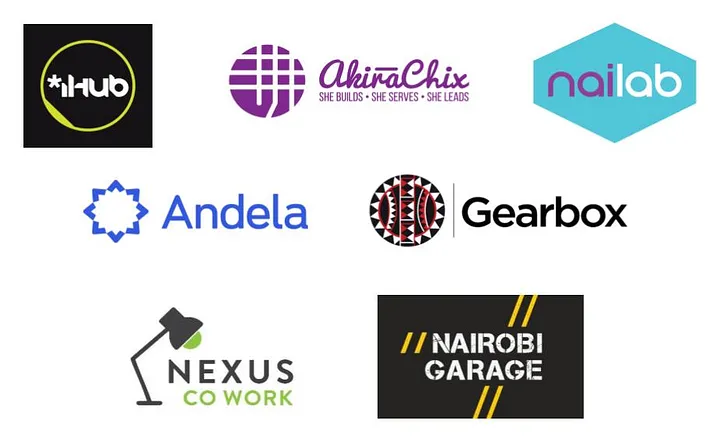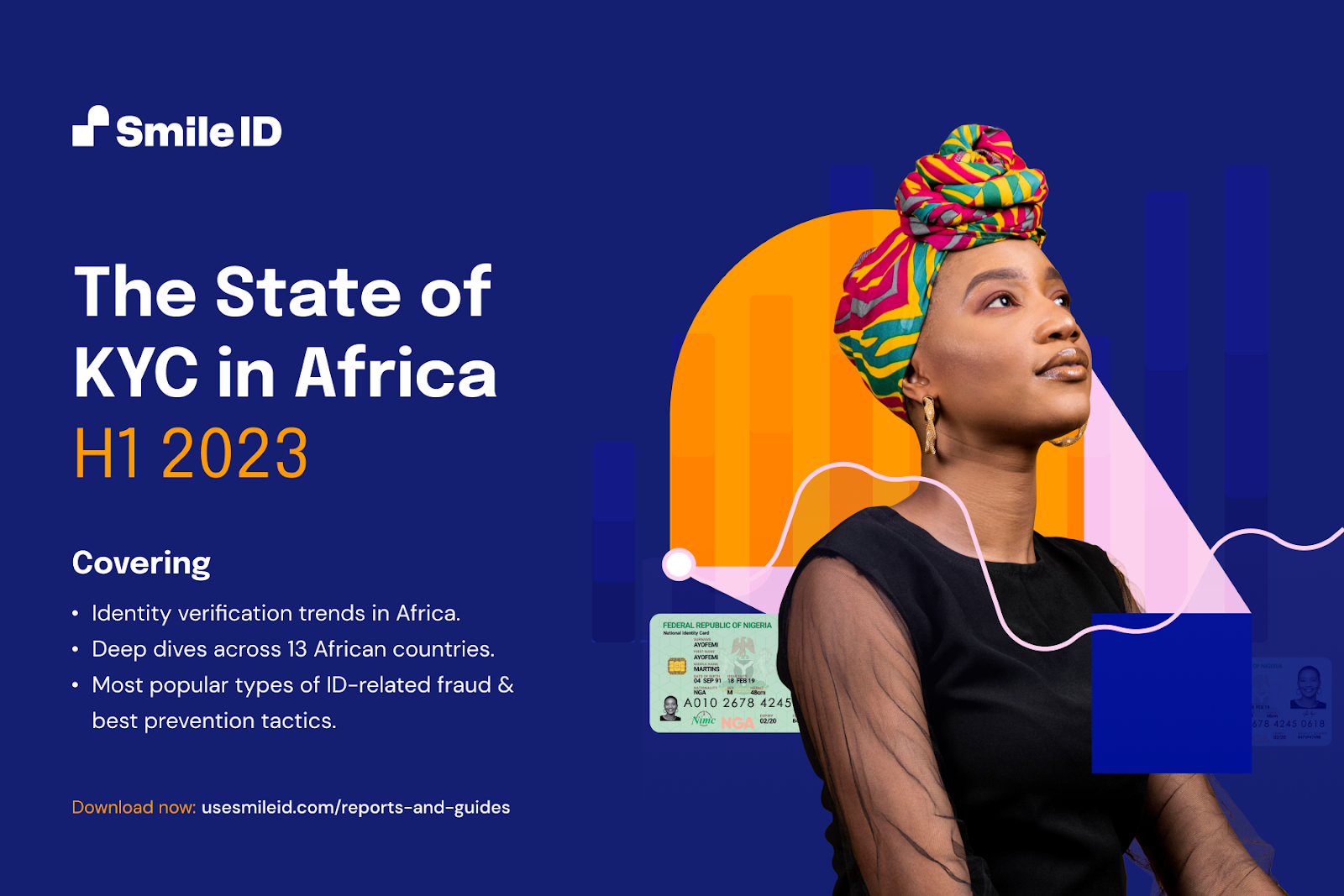
How many cities on earth have natural forest reserves occupying almost a quarter of the city area and are still entirely within city bounds? Not too many. Only one city on the planet—and perhaps the universe—fits the bill. Nairobi.
The vast 117km2 grassland sitting only a few miles away from Nairobi’s central business district is not only a tourist attraction, but it is also the inspiration for the popular moniker for Kenya’s technology ecosystem—Silicon Savannah.
This is the second part of a series of ecosystem essays reviewing what often goes unspoken as a smorgasbord of private sector entrepreneurs, business angels and venture capitalists, and government attempt to cultivate unique identities around technology and innovation.
If you missed last week’s email you can read the web version here and subscribe (if you’re not yet subscribed) so you don’t miss it. Small tip + why you should subscribe. For next week’s review, we’ll look at what makes Tunis, the capital of Tunisia unique as an ecosystem.
For this week, step with me into Kenya, the poster child of African tech innovation for the last 15 years. Like last week, today’s review is structured on three pillars.
Today’s review is structured on three pillars.
- What Nairobi’s ecosystem has going for it.
- What it does not have going for it that can be fixed.
- And suggestions for where to start.
A Ngong Road story
In 2012 when Kenya’s technology ecosystem began to etch itself into the global consciousness, a vibrant community of software developers, researchers and entrepreneurs had been working out of a cluster of coworking spaces on (or close to) Ngong Road, near the Kilimani neighbourhood of Nairobi.
iHub, Nailab and Gearbox, and a placement campus for Andela, were all located in this part of Nairobi. Because these incubators, coworking spaces and startups were at the centre of what was seen as Kenya’s technology boom, the story of Kenya’s technology ecosystem tends to focus on them. But the Ngong road story begins in Mombasa before the internet became as common as it is today.

The unofficial Ngong Road Map. Photo rights, Kwasi Gachie via Code for Africa.
The country’s early technology pioneers were the entrepreneurs who fought Telkom for the right to create local internet exchange points (IXPs) to reduce the cost and latency of sending internet packets over VoIP locally. This was in the late 1990s to mid 2000s when Jambonet, Telkom Kenya’s backbone service was the only internet gateway in Kenya.
The liberalisation of the internet data business plus new undersea cable landings in Mombasa, thanks to the efforts of Bitange Ndemo, then a permanent secretary at Kenya’s ministry of information and communication, helped enable early internet businesses and create the first crop of internet entrepreneurs like Ken Njoroge and Bolaji Akinboro of Cellulant.
This cross-country linkage (internet–wise) between Nairobi at the centre of Kenya, and Mombasa on the coast, still drives part of Nairobi’s technology ecosystem appeal. At the very least, it’s what enables the growing data centre and internet service industry, and indirectly contributes to why multinational technology companies like Oracle, IBM, Cisco and others set up regional offices in Nairobi. A solid internet infrastructure base also means better consumer access to and use of technology. This is invaluable for consumer tech startups, digital service businesses and Kenya’s large base of freelance digital service providers.
In the earlier stages, Kenya’s technology industry represented an outgrowth of the development and aid agencies concentrated in Nairobi. But it is slowly transitioning into a key player in the tech support service market globally. In addition to this, Kenya’s relatively long history of tech entrepreneurship in political and business environments that were not always friendly to upstarts. And a fairly large pool of potential customers (both business users and to a smaller extent, individual consumers), represent the key strength of Nairobi’s ecosystem.
That’s interesting because the technology ecosystem in Kenya got its start on the back of technical support for development partners, aid agencies and a local growing financial services market. Many of the early entrepreneurs, whether the ones who started coworking spaces on Ngong road, Nairobi, the ones who can retell stories from the early telco and ISP wars, or the private equity funded businesspeople manning the data centre and internet service infrastructure industry owe their survival to this key market—at least in the early days.
What is key to note is that this legacy industry has difused throughout the ecosystem at the enterprise level, but not enough at the early-stage startup level. Unlike say, a Nigeria where a quite a few battle-harded enterprise operators are the face of technology upstarts. This is not to say there are not cross-sector experienced operators playing significant roles in Kenya’s startup ecosystem. There are many. Just as a few of the early startuppers have crossed to enterprise companies. A good example is of course, Juliana Rotich, one of the co-founders of Ushahidi, who now leads Safaricom’s fintech division.
Shaking off the M-Pesa halo
“M-Pesa is part of the lure that brings the idea of Silicon Savannah to life,” Mark Kaigwa, a Partner at Affrinovator once told Tom Jackson, publisher of Disrupt Africa.
That lure has grown old. The way I see it, Safaricom understands this. At least that is how I interpret the launch of a “super app” in 2021, followed by an ambitious Ethiopian entry which (according to African Business) will eat up $300 million in annual investments in the new Ethiopian market, until 2032—not counting the $1.2 billion which has already been invested.
Safaricom’s announcement that it will start two new startup investment funds with a mandate to invest in “[data] analytics, machine learning, artificial intelligence, and the Internet of Things,” as a complement to an existing fund, suggests that the telecom giant can still flex its muscles when it chooses.
A world where you could boast about Kenyans making instant payments from their mobile phones. And compare it with the then–seemingly backward payment systems in much of the developed world (credit cards, cheques and three-day bank transfers) is very different from today.
M-Pesa may have been enough to draw in tech tourists, foreign media and investors in the early 2000s. And Konza City may have sounded compelling to development funders and certainly, the Kenyan government when it was an idea, but it has had a decade and the shine is no doubt waning.
Looking beyond silicon savannah
When technology entrepreneurs talk, especially on social media, they sound like very free-spirited individuals. But, in reality, the technology landscape, especially today, is one of the most government-shaped business landscapes globally. We see this in the old guard that helped create the modern base of Kenya’s internet economy know this, even though they may not understand how quickly things have changed now. But the question for Kenya’s government and other players in the 2023 edition of Ngong Road (now spread across Kilimani and Westlands) is whether they understand what government support should mean today.
I’m sorry but random and vague MOUs for (ostensibly government funded) training programmes and policy briefs that sound like a 2010 ICT consultancy-proposal are not going to cut it. A national startup act, à la Nigeria or Tunisia, is in my humble opinion, a distraction. Forward-looking governments do not need new grandiosely-named laws to know when to get out of the way, and promote the alignment of incentives between legacy businesses like banks and startups. Nor do they need an extra law to enforce existing rules to keep “innovation” in line, primarily so that it does not hurt consumers’ wellbeing.
Kenya is firmly in the lead in East Africa today and has a lot of the right winds behind its back. But it is rapidly running out of time and room to provide the entrepreneurial leadership (beyond fundraising) that its reputation demands.
We’d love to hear from you
Psst! Down here!
Thanks for reading today’s Next Wave. Please share. Or subscribe if someone shared it to you here for free to get fresh perspectives on the progress of digital innovation in Africa every Sunday.
As always feel free to email a reply or response to this essay. I enjoy reading those emails a lot.
TC Daily newsletter is out daily (Mon – Fri) brief of all the technology and business stories you need to know. Get it in your inbox each weekday at 7 AM (WAT).
Follow TechCabal on Twitter, Instagram, Facebook, and LinkedIn to stay engaged in our real-time conversations on tech and innovation in Africa.

Abraham Augustine,
Senior Reporter, Business and Insights
TechCabal.































